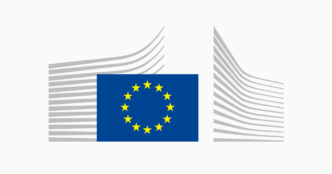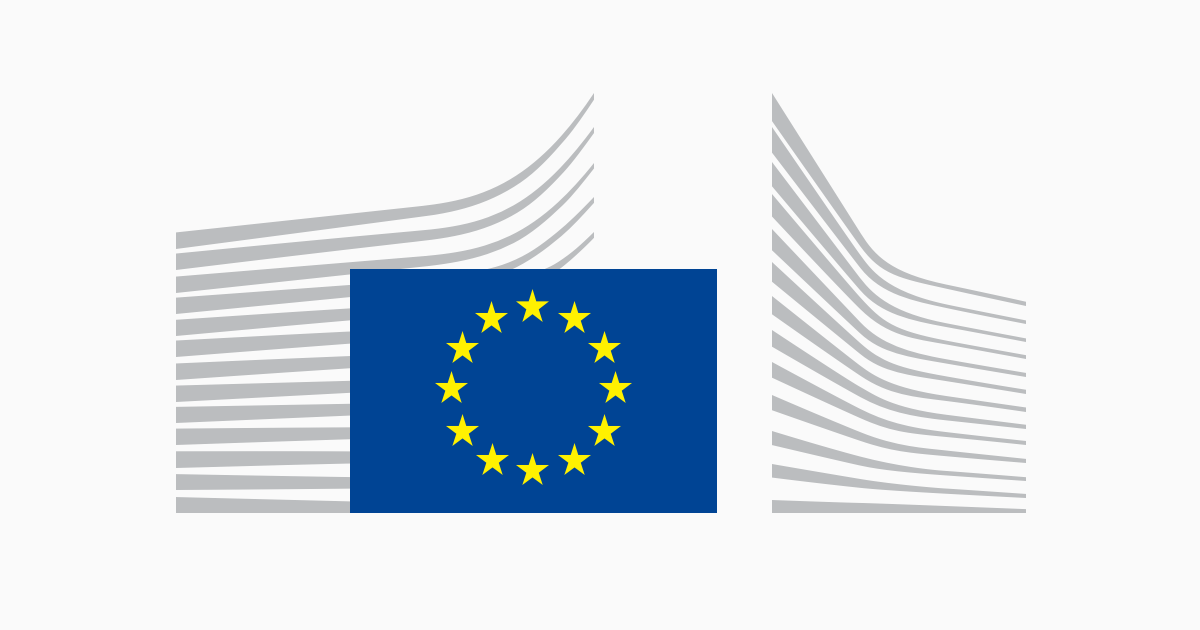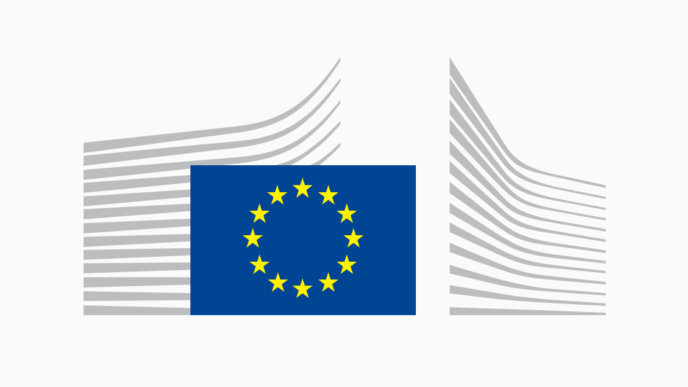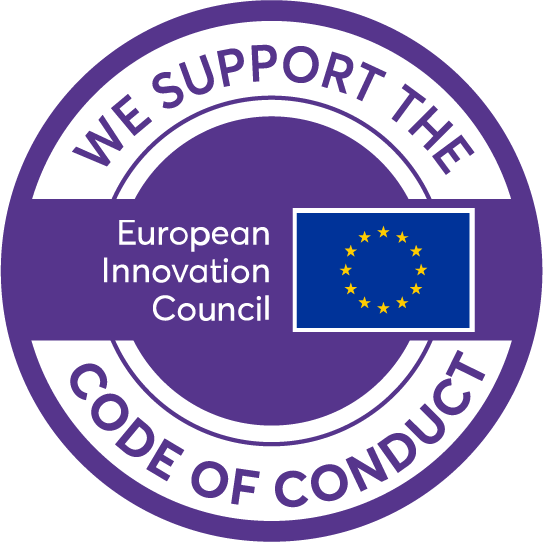The European Commission’s Directorate-General for Taxation and Customs Union has published an exploratory study on health taxes from an EU perspective. The study provides an in-depth analysis of the current state of taxes on products high in fat, sugar and salt (HFSS) in the European Union, including their design, implementation, and impact on public health.
Non-communicable diseases such as obesity, diabetes, cardiovascular disorder, make up 80% of the disease burden in the EU, with major implications for national health budgets. The study finds that taxation of unhealthy food, such as sugary drinks, has the potential to help address this challenge. Notably, there is evidence that manufacturers have reduced sugar content in soft drinks following the introduction of tax schemes. Related price increases also led to a reduction in consumption and a shift towards healthier products, the magnitude of which varies across countries.
12 EU countries are already taxing soft drinks and others plan to do so, motivated by a mix of health and revenue considerations. The study notes that the design and implementation of such taxes can vary significantly across EU member states, which can lead to differences in their effectiveness and impact.
The study also considers the possibility and the potential added value of an EU harmonised tax on soft drinks. Initial analysis points out that the harmonization of health taxes at the EU level could help to reduce differences in tax rates and structures across member states and promote a more level playing field for businesses and consumers. However, the study also notes that any efforts to harmonize health taxes would need to take into account the different public health priorities and fiscal contexts of EU member states.
The study concludes that health taxes can be a useful tool for promoting public health and generating revenue for national budgets, but that their design and implementation need to be carefully considered to ensure that they are effective and fair. The European Commission will use the findings of this study to continue the dialogue with Member States and engage with a wider group of stakeholders to encourage the exchange of information and best practices.
For more detailed information, please consult the study.













